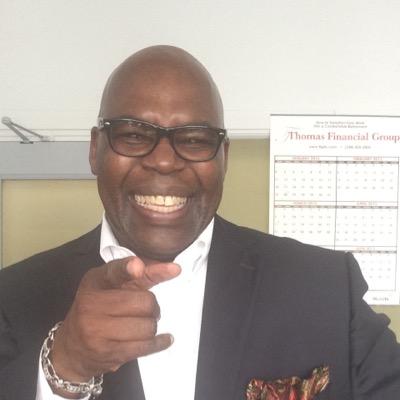 |
| Aaron Diehl and Cecile McLorin Salvant |
The jazz pianist Aaron Diehl posed a scenario Sunday afternoon during his
two-hour set at the Michigan Theater in Ann Arbor, MI. What would’ve occurred
had Jelly Roll Morton and George Gershwin crossed paths. The musicians never
met, and although each was accomplished
and prolific, their musical styles were different as night and day. Diehl believes if
the legends had met there would’ve been a mutual respect of each other’s
virtuosity. That is the impression Diehl left during his flawless presentation
titled “Jelly and George,” which featured the Grammy-winning
chanteuse Cecile McLorin Salvant and pianist Adam Birnbaum assuming the role of
George Gershwin. The concert was a mixing of Morton’s and Gershwin’s
compositions. The interesting thing was Diehl opted to play obscure materials
from Morton and Gershwin. Diehl was gracious enough to warn the audience that
if they expected to hear Morton’s and Gershwin’s popular material the audience
was going to be disappointed. The concert opened with Diel and Birnbaum trading
on Gershwin’s “Prelude One” and “Jelly Roll’s Blues.” Diehl’s quartet clarinetist Evan Christopher, trombonist Corey
Wilcox, trumpeter Riley Mulherkar, bassist Paul Sikivie and drummer Lawrence
Leathers joined in on “Mississippi Mildred.”
Listening to Diel and Birnbaum reinterpreting Morton’s and Gershwin’s obscure material
was worth the price of admission, but what took the two-hour set over the top
was Cecile McLorin Salvant. In a short time, Salvant has built a solid
reputation as a foremost interpreter of the great American Songbook. Salvant
isn’t big on stagecraft, but who gives a rat’s ass because her voice is so unbelievably
beautiful it gives your soul goose bumps.
Guaranteed people will awake tomorrow still thinking about Salvant’s rendering
of “Wining Boy” and “Ask me Again.” Diehl’s lone moment in the sun came during
his brilliant soloing on “Finger Breakers.”
Diehl’s band was tight as banjo strings
on “The Sidewalk Blues.” “Jelly and
George” was prefect from top to bottom. Diehl and company present a lot of music, so an encore seemed overkill. The
audience was so thoroughly worked up doubtfully they would’ve allowed the musicians to leave
Ann Arbor had they refused an encore. As a gesture of appreciation for all the
love the audience showed Diehl, he performed three additional tunes.

